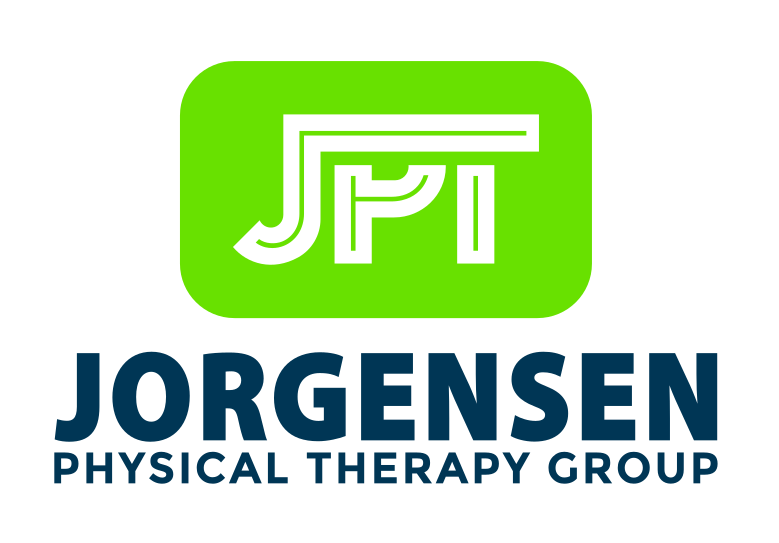Golf… it’s a sport that calls to mind beautiful Saturday mornings, a cold beer at the club after a great 18-hole day, and that elusive birdie you’ve been trying to get for years. And while this all sounds pretty much idyllic, you might be surprised to know that playing golf causes nearly as many injuries as some contact sports! It’s true, and while shocking, it actually makes a lot of sense. The techniques players employ in their swings, gaits, and strokes, often have painful consequences for the back and shoulders. In fact, shoulder pain is so common amongst golfers that it has fast become one of the injuries we treat most often. So, in this post we chat to you about what it means to have shoulder pain, how you know it’s golf-related, and what to do if you’re suffering from it right now. With that having been said, let’s tee up and get started!
For all you golfing enthusiasts out there, the title probably makes some sense. No doubt you’ve yelled ‘fore’ out onto the green after miscalculating the wind gusts, right? Well, just as you might warn the unsuspecting golfers out ahead of you, so too your body yells its equivalent of ‘fore’ at you when it’s in distress and pain. Really, as you’re playing golf you might actually feel a tug, a pull, or even discomfort in your shoulder as you swing – that’s your body telling you to ‘watch out’ and ‘look out ahead’. In fact, it’s your body’s extremely sophisticated way of warning you about probable damage and/or injury to your shoulder if you continue swinging the way you are. And yet, despite this impressive alarm system, many golfers continue to swing through the pain as though it will disappear on its own. And what a mistake that is! For those who ignore the signs, shoulder pain is really just a few yards away.
Well, what happens if you’ve ignored the warning signs and are now experiencing shoulder pain and discomfort? What does that mean and what can be done? One thing to understand is that the shoulder is a complex joint; the movement and mobility of it hinges on the rotator cuff, that is, the section of your shoulder made up of muscles and tendons designed to keep your arm in the socket of your shoulder. Hence, shoulder pain in this area is often referred to as a rotator cuff injury and, yes, you guessed it, these are most commonly seen amongst avid golfers.
It’s not too difficult to take a guess as to why the rotator cuff is at risk during a golf game. The movement involved in swinging your club actually places massive amounts of strain on the rotator cuff, causing the muscles and tendons to twist and bend in ways that are mostly unnatural to them. So, while repeatedly swinging a golf club overhead may well be great for your game, it’s not equally as good for your shoulder. The constant, unvarying repetition of a single incorrect movement can, in fact, wreak havoc later down the line. In effect, golf actually places your shoulder at a much highest risk of injury than almost any other sport.
And, unfortunately, the pain that accompanies a rotator cuff injury is far from pretty. Symptoms include the following:
- Aches and pain in the shoulder itself.
- Weakness when raising the shoulder.
- Popping sounds in your shoulder as you swing.
- Difficulty doing routine tasks: combing hair, brushing teeth, showering.
- Difficulty holding things above waist height.
- Trouble sleeping.
- Loss in your range of motion.
In addition to all of the above, experiencing a shoulder injury while you are playing golf means that all aspects of your life will be affected. From your actual game, to your social life, family life, and peace of mind. We have met so many patients who, before coming to see us, have felt completely defeated by their golfing injuries.
So, what can be done? If you haven’t yet experienced an injury, that’s great. However, it doesn’t mean you’re out of the woods yet. It is absolutely vital that you learn the correct golfing posture and swinging technique in order to avoid injuries in the future. A physical therapist will gladly help you with this information. Wear the right golfing gear, too, and be mindful of the weight you carry out on the green.
If, however, you are currently experiencing shoulder pain related to golf, the best possible action you can take is to visit a qualified, hands-on, professional physical therapist. A physical therapist will treat the root cause of your problem, thereby relieving pain effectively and safely and making sure that your recovery is a permanent one. There are no temporary solutions, here. Furthermore, a physical therapist will give you specific, tailor-made exercises that you can do at home in order to ensure that you remain pain free. What’s more, you’ll learn the correct techniques for the best golf game of your life. You know as well as we do that your golfing prowess is less about how hard you swing the club, but much more about how you do it. Find out what’s best for you by visiting a physical therapist today.
We know how debilitating shoulder pain can be, especially if you love golf. Unfortunately, getting back into the swing of things can be a struggle. If you’re not sure how to do it, or where to start, we invite you to talk to one of our professional, friendly physical therapists, today. We’ll eliminate your pain and get you back to playing the game you love. Ask below about cost and availability.
